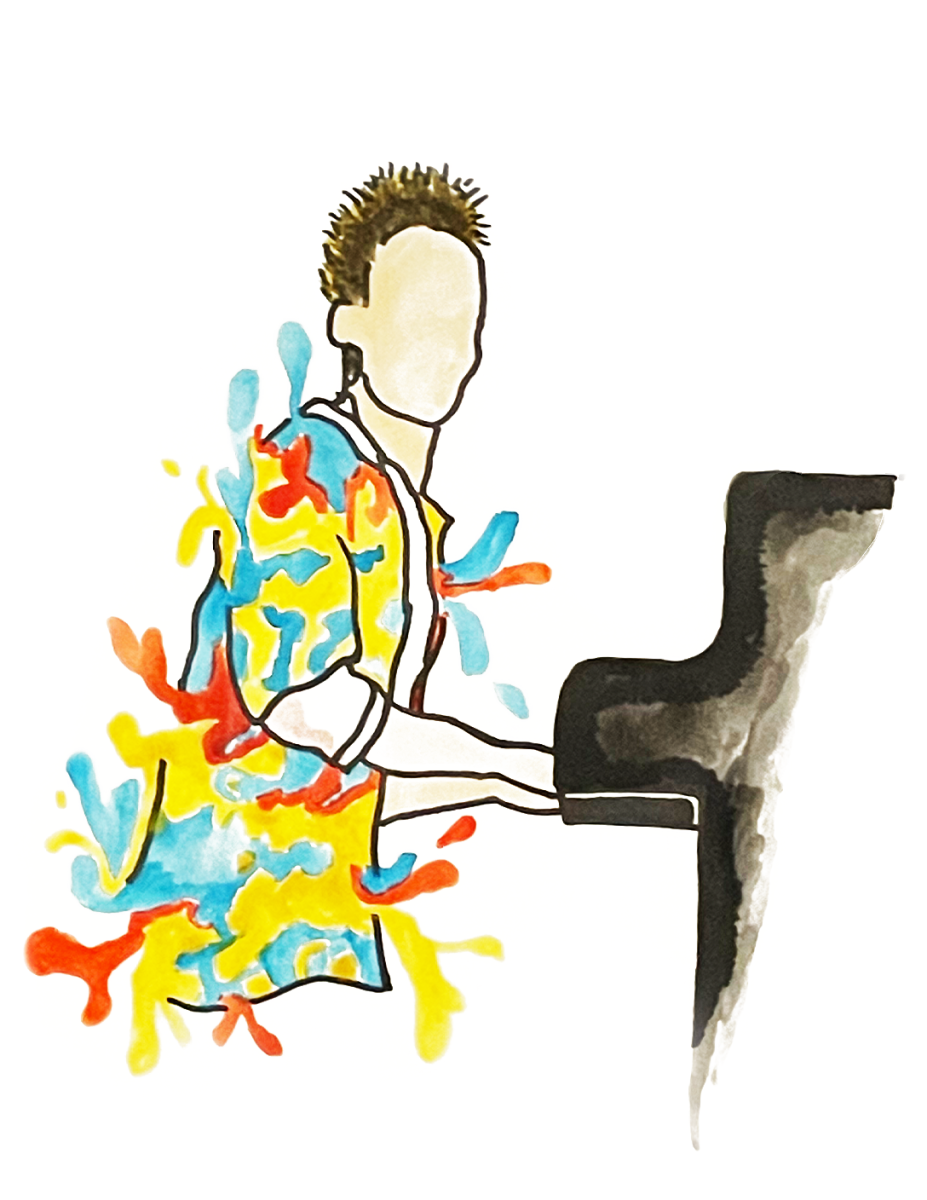welcome to victory
The portrayal of women and psychological factors in Olivia Wilde’s new thriller, “Don’t Worry Darling,” draws attention to the ways society may evolve.
June 16, 2023
Welcome to the future. Welcome to utopia. Welcome to sweet sun-soaked success. Welcome to the flawless reality of the “Victory” project, an epiphany of the ideal society.
This is the setting of film director Olivia Wilde’s newest release, “Don’t Worry Darling.” The experimental society that Wilde creates consists of colorful costumes, vintage cars, and retro music. Hardworking days bleed into nights filled with laughter and drunken decadent meals. The meaning of their utopian life is simple pleasures.
At first, the audience soaks up the happiness that the characters emanate. Junior Amelie Dalporto talks about her own “strange contentness” when watching the movie: “it’s like I was the one drinking all of the bubbly drinks, and wearing frilly clothes.”
Regardless of the happy, blissful setting, there are many unaccompanied answers in the film.
This psychological thriller envelopes the issues of societal expectations of women and men, and the fearful future of technology taking over true reality.
While the current focus on social media is on the actors’ popularity, the cautionary tale of the movie is vastly overlooked. The first hint of the film being about male dominance is the title itself. The word “darling” is typically used as a label of femininity, implying that a person is telling a woman not to worry. From the moment the film lights up on the big screen, the men drive off to work while the women cook and clean all day. This “man’s world” represents the male gaze that is portrayed in many 1950s films, creating an ideal world that perfectly fits the wants of the husbands.
The habitual difference between the women and men, along with the 50s-inspired attire, causes the audience to assume that this patriarchal world is their normality. The leading female, portrayed by Florence Pugh, begins to question her everyday experiences, triggering a nervous sensation in the audience. Throughout the movie, Pugh guides the audience’s emotions with thrill and unease. “I went back to watch it a second time in theaters,” said Junior Sasha Drucker, “so I could process all of the psychological details that I didn’t process fully the first time.”
The surprising twist at the end of the movie leaves Pugh’s character struggling to grasp what is real and what isn’t, and leaves the leading husband, Jack, trying to gain the last bit of control he has over his wife. The ending brings up a lot of ideas about today’s society, such as the theme of male dominance throughout history, and the ways in which sexism could devolve once more.
The depiction of men trying to hold power over their wives, while ignoring their vivid awareness of the hollowness of their Victory, is the chilling revelation of the movie. The eerie tale invites questions about how relevant this movie’s main ideas are to society. The men use mind bending technology to place a chain hold over their wives.
This psychological thriller’s heavy themes, such as the influence that the development of technology can have on society and the ways in which people could abuse this power, are what makes the film, according to Sasha, “so iconic.”



































